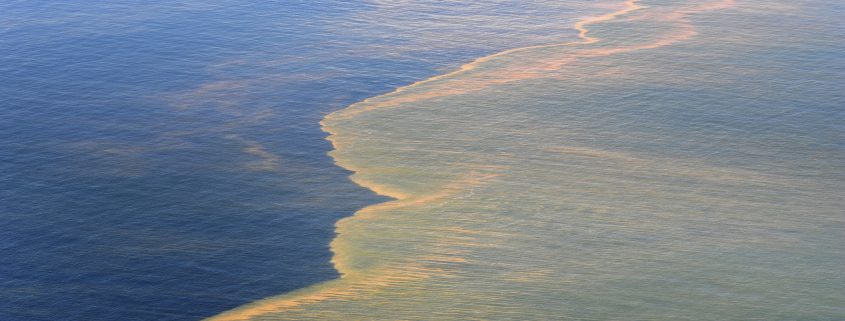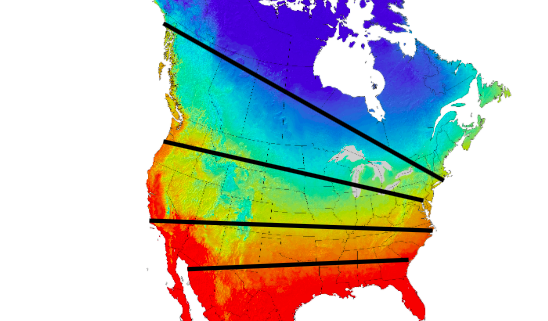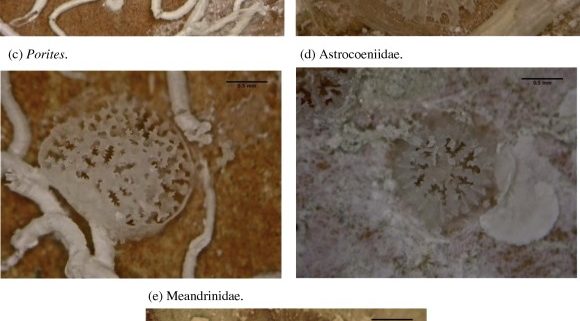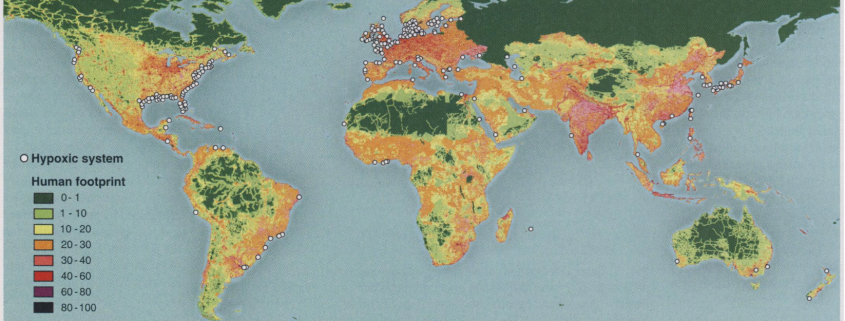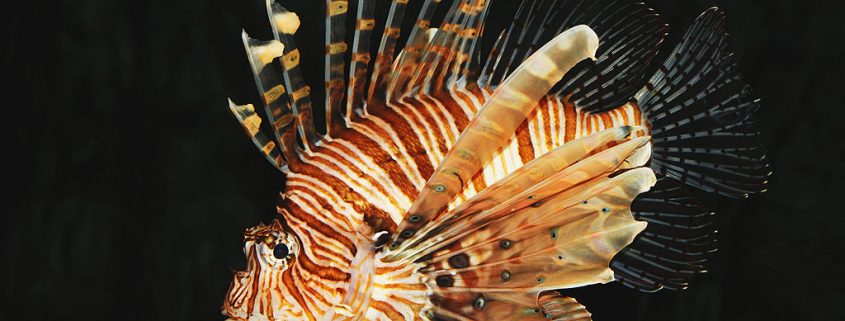Dispersants: A Modern Method For Cleaning Up Oil Spills: Advantages and Disadvantages
By Nicole Suren, SRC intern In 2010, the Deepwater Horizon oil rig in the depths of the Gulf of Mexico exploded, causing the release of approximately 500 thousand tons of crude oil into the ocean in the second largest oil spill in global history, commonly known as the BP oil spill (Fingas, 2013). This spurred […]
How the geographic range characteristics of a species can affect its conservation
By Elana Rusnak, SRC intern For many of us scientists, our end goal is conservation of our target species. But what does this mean, and how do we reach these goals? Unfortunately, the answer to this question is not cookie-cutter and requires the input of multiple factors that are not so easily or frequently studied. […]
Threats facing South Florida’s coral reefs and possible solutions
By Molly Rickles, SRC intern Coral reefs are dynamic ecosystems that harbor a quarter of all marine species while only occupying 0.2% of the world’s oceans (Chen, 2015). Coral Reefs are critical to the ocean’s health because of their biodiversity and complex ecosystems. However, climate change and anthropogenic disturbances has had a profound effect on […]
My, What Big Teeth You Have!
By Jennifer Simms, SRC outreach intern The word “shark” conjures up many pictures in ones’ mind. Images range from majestic swimmers in a deep, blue ocean to the lethal rows of teeth easily seen protruding when a shark swims. These teeth serve multiple purposes for both the shark and scientist alike. Scientists study the morphology […]
A challenge for a better future: Bringing life back to dead zones
By Arina Favilla, SRC intern The diversity of life in the ocean, from shallow reefs to deep-sea canyons, is evidence that marine species can successfully adapt to a variety of environments, including low oxygen conditions. For example, in certain places in the world, natural coastal upwelling of nutrients leads to high productivity, which depletes the […]
Effects of Climate Change on the invasive Lionfish: Pterois volitans and Pterois miles
By Patricia Albano, SRC intern Across the globe, marine environments face anthropogenic stressors that threaten their continued survival. Throughout the world’s oceans, a colorful variety of marine communities exist, each with their own native flora and fauna and unique interspecific and intraspecific interactions. When the balance of these ecosystems is altered, negative ecological impacts can […]

